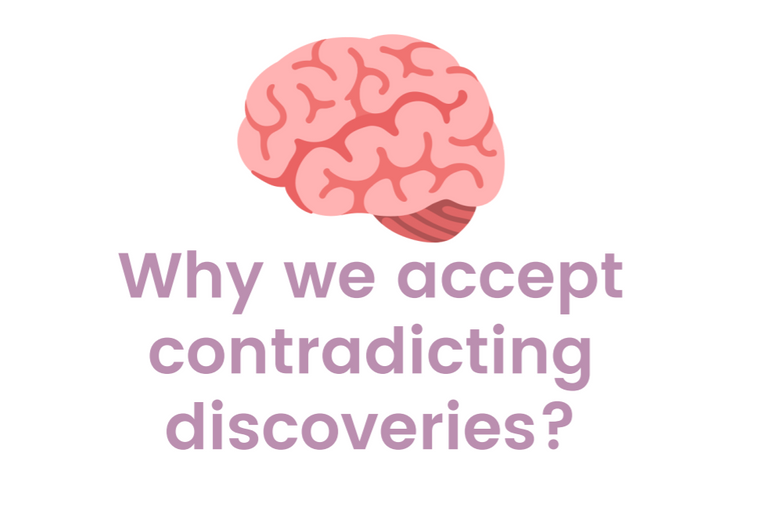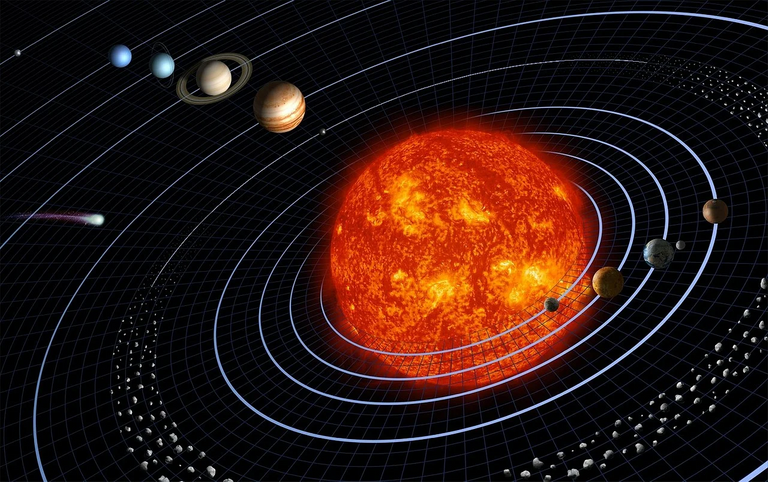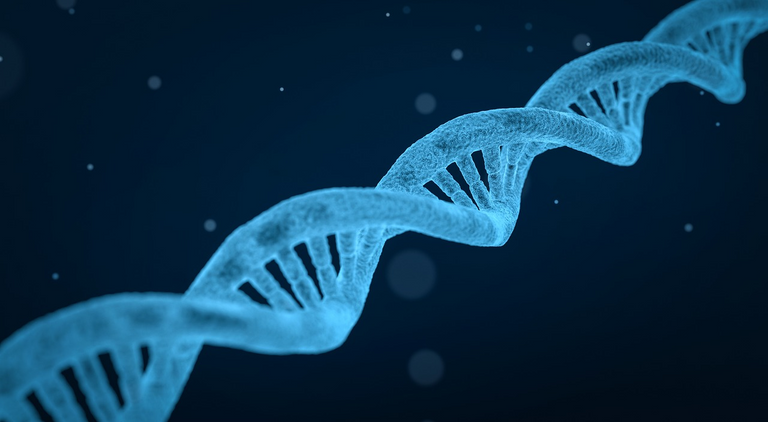Why we accept contradicting discoveries?

Humans throughout history feared or opposed the change. Fear is our natural response when we can’t understand the things presented to us. We refuse to believe the things that don’t make sense of things, which contradict what we believe to be the truth. Our ancestors valued traditions and beliefs more than facts. We focused on living through simplistic lives, which focused more on survival and trying to get ahead. For example, the church had a monopoly for knowledge which enable them to suppress ideas that could defy their authority to the Kings and masses of the continent.
When we have new findings backed up by proof and empirical investigation, we accept them. Although these findings presented a contradictory theory, we conform to it due to the ample evidence that somehow acceptable and accurate. On the one hand, it is prudent for us to exercise caution when it comes to discoveries; hence they may contain flaws. When out-of-date hypotheses are used instead of new ones, resources are missed (for example, protecting endangered animals or avoiding human hardships). There needs to be a way to quickly take advantage of new scientific perspectives while still exercising sufficient caution.
Since science relies on the principle of never taking firm positions on any topic, knowing that a novel method and discovery may appear tomorrow, Most people support the new version because it is more functional than the old, except for fundamentalists. For example, astronomy, celestial navigation, and other vital developments immediately made sense as the heliocentric theory overtook the geocentric paradigm of the church. Science sprang forward, free of its theological shackles, and new worlds of study opened up. On the contrary, people give control to astrology in the old days.
But some of us refuse to be cowed. We see people who never contain their curiosity. These innovators and pioneers led the masses to understand these discoveries and developments. And slowly, people began to understand these things. They began to accept them. As fearful we are to change, we confide in new things that make our lives much easier and more comfortable. For example, people shunned Galileo and Copernicus due to their contradicting idea of what the church taught them. Time allowed the idea to advance, and their fellow astronomers and the masses accepted it. Consequently, these discoveries that they made inspired others to question the norm, to not just settle for the mainstream.

(source)
People have been making discoveries since the dawn of what we now call human time. Curios people have developed or found new ways of knowing the universe and the cosmos, from the invention of fire to the discovery of penicillin. Some people became inquisitive and asked old questions in new ways, as well as new ones. Curious people who are frustrated with existing working processes and methods make inventions. Some people look for anything more than a minor tweak to their current workflow. We see dissatisfied people searching for new opportunities behind closed doors, according to most people, are the source of creativity.
People still question new technology and discoveries like how they shut down cryptocurrencies before. It is still really hard for people to have acceptance of new discoveries, which most likely to have different reasons for it. Scientists and inventors seek to examine all facts, even though it seems to be self-evident. For people to believe, a scientific theory or a new technology must be more than just plausible. People consistently checked and confirmed by several lines of proof.
For example, scientists attempted to test the endosymbiotic hypothesis but lacked the technologies required to design a completely reasonable test. There was clearly no clear evidence for the theory. Although mitochondria resemble bacteria, it wasn't enough to persuade scientists that they were once bacteria. Many scientists were suspicious of the endosymbiotic hypothesis because it did not seem to fit with the current understanding of evolution. Biologists focused on minor, random changes in DNA mutations that occur when a cell reproduces, between 1900 and 1950. Scientists are more inclined to consider easier, or more parsimonious, ideas over more complicated ones.

(source)
Accepting the new concept would have added to the complexity of evolutionary theory. Rather than suggesting a single key mechanism (the accumulation of small mutations over time), the hypothesis will have to include symbiosis as an alternative evolutionary change mechanism. Scientists tend to act critically, but they, like anyone else, are subject to prejudice. Scientists' reactions to the endosymbiotic hypothesis were tainted by two major prejudices in this case. For starters, evolution has always been about species competing for territories, mates, and food, as Darwin demonstrated. Clearly, new theories do not always win over scientists right away. This type of opposition can stifle scientific advancement, but it also ensures that any new concept is thoroughly checked before being accepted.
We communicate with our environment in habitual ways much of the time, based on our past experiences, learning, ideas, and experiences. We see and experience what we've been taught to see and what we've been expecting to see. We solve problems using the tried-and-true methods or a few slight variants of these methods.
There is skepticism and a lack of foresight, which is often accompanied by a lack of understanding of the potential for new innovations or the effects of associated developments in applications. There's also conservative inertia to stick with the old method, as well as a sluggish approach to the research needed to grasp new concepts. There are many cases of people embarrassing themselves by making negative assumptions, which only demonstrate a lack of foresight. The human process of discovery, creativity, and innovation has resulted in the developed world of today.
It's built on a foundation of millions of innovative insights embedded in our evolutionary past. In human life, the transformational mechanism is still at work. It is now an important part of engineering and science research. We learn how to make our way in the world, to some extent, through our intellect, education, and energy. Science and engineering reward human energy and intelligence, particularly when it is used to support scientific and engineering policies and institutions. This is how humanity made it to what we are now. From groups of hunters and gatherers living in caves to civilized people living in cities. We challenge the status quo and venture to the unknown.
Note: The cover image is created by the author using Canva
I think it has more to do with the personal interest when people don't want to believe in crypto. The government and politicians like their control so the media runs those stories.
As for contradicting theories, I think its because we know that what we believe in can be wrong. For example, cell phones were not expected to be so popular in the future and it displaced the phone companies.
I agree with what you have said. We accept contradicting theories because in some point in time it will still be disprove.
It's human nature to trust and believe, as opposed to do the hard work and investigate and find the facts. Many children started life believing in santa claus. Problem is over time our beliefs are proven untrue, and then we start not trusting.
Ultimately we now build trustless systems like crypto currencies and decentralised exchanges etc. The driving force behind this is our beliefs instilled into us are proven wrong throughout our lives so why not other institutions how can we trust them when the people close to to us we know well aren't always trustworthy. I just realised this whole comment is contradictory, i start by saying it's human nature to trust and then end to say we don't trust... How ironic
I couldn't agree more. We have a tendency to believe and trust things that aren't based on facts. Life is always ironic. Although we have the tendency to accept beliefs, we also want what was truthful. I think that makes us human.